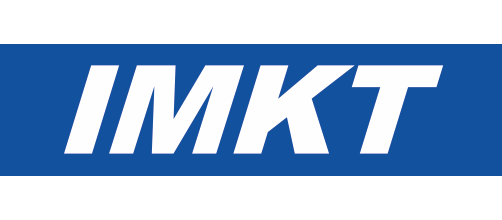Process strategies for milling of dimples on tapered roller bearings
- verfasst von
- Berend Denkena, Benjamin Bergmann, Michael Keitel, Christian Wege, Gerhard Poll, Josephine Kelley, Florian Pape
- Abstract
Frictional losses occur in tapered roller bearings, particularly at low rolling speeds, which pose a risk of wear. The increased friction losses are a result of insufficient lubricant film thicknesses in the rolling and rib contact. Micro-lubrication dimples can be used to induce additional lubricant into the contact zone and minimize friction. The aim of this paper is therefore to implement a suitable machining strategy for the production of defined microstructures for tribologically optimized applications and to identify relationships between geometry formation and process parameters. For this purpose, the microstructure milling process was first modelled with a material removal simulation, including tool displacement. Additionally the kinematic limits of the machine tool were determined. The tool displacement was determined experimentally for this purpose. Subsequently, the findings from the simulation were used to induce microstructures in a defined manner on tapered roller bearings made of hardened 100 Cr6 steel. The investigations showed that the defined generation of lubrication dimples is possible with the developed machining strategy. Due to the inclination of the inboard bearing, there is a deviating depth of engagement when the tool penetrates, which also increases the tool displacement. As a result of the microstructure milling process, burr formation occurs, which shows a dependence on cutting speed and structure alignment. Increased burr formation and tool wear at structure orientations of 45° and 70° were found.
- Organisationseinheit(en)
-
Institut für Fertigungstechnik und Werkzeugmaschinen
Institut für Maschinenkonstruktion und Tribologie
- Typ
- Artikel
- Journal
- Production Engineering
- Band
- 17
- Seiten
- 893–905
- Anzahl der Seiten
- 13
- ISSN
- 0944-6524
- Publikationsdatum
- 12.2023
- Publikationsstatus
- Veröffentlicht
- Peer-reviewed
- Ja
- ASJC Scopus Sachgebiete
- Maschinenbau, Wirtschaftsingenieurwesen und Fertigungstechnik
- Elektronische Version(en)
-
https://doi.org/10.1007/s11740-023-01208-4 (Zugang:
Offen)


